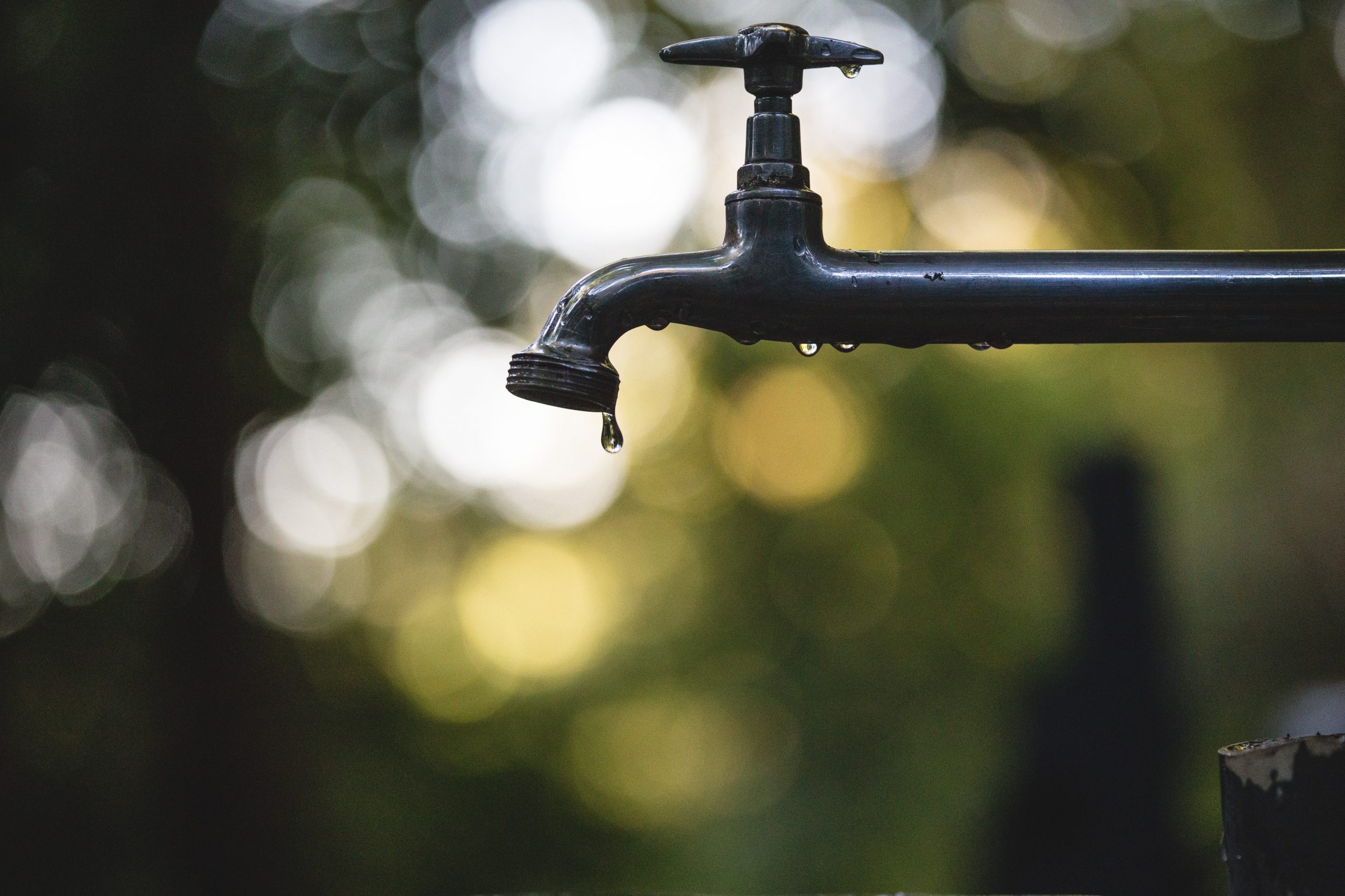
American Rescue Plan Funding: A Playbook for Efficiently Getting the Lead Out
Summary
Lead is a neurotoxin that continues to harm communities across the country. Though new uses of lead in paint, gasoline, and pipes have been banned for several decades, lead in legacy products and materials remains in communities, posing an ongoing threat to human and economic development. Anywhere from 6 to 10 million residential lead service lines (LSLs), for instance, are still in use nationwide.
Funding included in American Rescue Plan (ARP) grant programs gives cities and states the opportunity to finally eradicate lead contamination in water lines. These steps outlined in this memo (and summarized in the figure below) represent a data- driven approach to rid American communities of the pernicious effects of lead contamination in water systems. This approach builds on research from the University of Michigan and subsequent implementation by BlueConduit in more than 50 cities in the United States and Canada.
FAS is launching the Center for Regulatory Ingenuity (CRI) to build a new, transpartisan vision of government that works – that has the capacity to achieve ambitious goals while adeptly responding to people’s basic needs.
This runs counter to public opinion: 4 in 5 of all Americans, across party lines, want to see the government take stronger climate action.
Cities need to rapidly become compact, efficient, electrified, and nature‑rich urban ecosystems where we take better care of each other and avoid locking in more sprawl and fossil‑fuel dependence.
Hurricanes cause around 24 deaths per storm – but the longer-term consequences kill thousands more. With extreme weather events becoming ever-more common, there is a national and moral imperative to rethink not just who responds to disasters, but for how long and to what end.